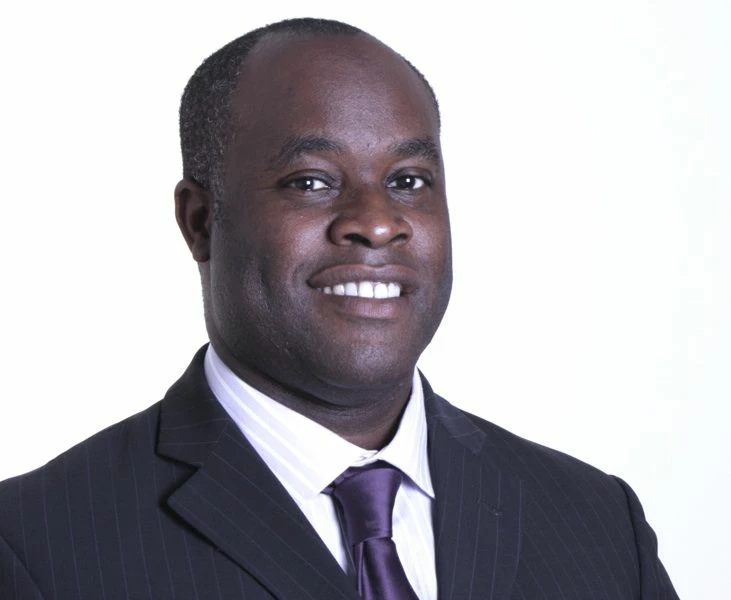
Partner Article
Discrimination; the winds of change
Bellamy Forde is Head of Dispute Resolution and a solicitor at Saunders Law. He is also a member of the Police Actions Lawyers Group, Employment Lawyers Association, London Litigation Solicitors Association and the Association of Personal Injury Lawyers. Here he talks about changes in employment law.
There is a wind of change blowing through employment law landscape. Employers need to think carefully during all stages of the employment relationship before taking any steps.
The law recognises six forms of discrimination; namely sex, race, age, religion and sexual orientation. Despite discrimination law having been with us for some time, there has been a perception that Employment Tribunals have struggled to interpret the law, reflected by modest levels of success for claimants appearing before them.
But could the tide be turning against employers?
A number of recent cases suggest this might be the case. Miriam O’Reilly’s claim against the BBC was the first successful claim of age discrimination in favour of a female television presenter. In Noor v The Foreign and Commonwealth Office, the claimant succeeded before the Employment Tribunal (subsequently overturned on appeal) in his claim of disability discrimination against the F & C. In that case, Mr Noor contended that F & C had failed to remove the “obstacle” of him being considered the same as other candidates for a job role he had applied for i.e. that F & C had failed to make reasonable adjustments to the job selection process. This case highlights that tribunals are more prepared to grapple with the challenges
that this difficult and legally complex area of law presents.
Lastly, in one of the few reported cases in respect of discrimination of the basis of sexual orientation, the Employment Appeal Tribunal upheld the finding in the case of Bivonas LLP v Bennett. In that case, Mr Bennett, who is gay, was successful in his claim of discrimination. Essential to the case was the fact that Mr Bennett was able to see an internal memo which stated the following, “Lee – takes our cases to his batty boy mate…..”. This comment is again repeated within the memo. Mr Bennett is reported as having signed off sick from work with insomnia due to work issues and cites his concerns as to what are obviously homophobic remarks to his employers. He was successful in his claim before both the Employment Tribunal
and in the Employment Appeal Tribunal.
What all of the above cases suggest is that there is a willingness on the part of Tribunals to adjudicate on allegations of discrimination at all stages of the employment relationship. Indeed, it can be said that their willingness to do so is in contrast to the historical failure rates attributable to discrimination claims generally. What it tells us is that employers (and prospective employers in the case of Mr. Noor) need to be careful and vigilant.
This was posted in Bdaily's Members' News section by Bellamy Forde .
Enjoy the read? Get Bdaily delivered.
Sign up to receive our popular morning National email for free.








 Putting in the groundwork to boost skills
Putting in the groundwork to boost skills
 £100,000 milestone drives forward STEM work
£100,000 milestone drives forward STEM work
 Restoring confidence for the economic road ahead
Restoring confidence for the economic road ahead
 Ready to scale? Buy-and-build offers opportunity
Ready to scale? Buy-and-build offers opportunity
 When will our regional economy grow?
When will our regional economy grow?
 Creating a thriving North East construction sector
Creating a thriving North East construction sector
 Why investors are still backing the North East
Why investors are still backing the North East
 Time to stop risking Britain’s family businesses
Time to stop risking Britain’s family businesses
 A year of growth, collaboration and impact
A year of growth, collaboration and impact
 2000 reasons for North East business positivity
2000 reasons for North East business positivity
 How to make your growth strategy deliver in 2026
How to make your growth strategy deliver in 2026
 Powering a new wave of regional screen indies
Powering a new wave of regional screen indies